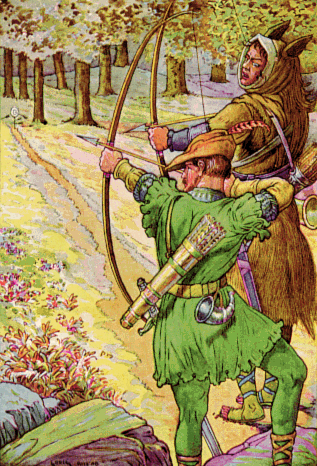Key Takeaways
- History is a record of past events based on factual information, while legends are traditional stories that may or may not be true.
- History attempts to capture significant events, memories, and discoveries, while legends often involve narratives of people with extraordinary powers and actions.
- Recorded history can be biased in favor of the ruling classes, but it is generally considered true, while legends are not entirely true but are often linked to an event or place to keep them alive in the culture.
Difference between History and Legend
In order to understand the difference between history and legend, we must first define the two terms. History refers to a record of past events, while a legend can be defined as a traditional story that may or may not be true. The main difference between the two is that history is based on actual events and has a factual basis, while legends may not be entirely true. Legends often contain elements of truth, as well as elements of the supernatural or extreme powers.
Understanding History
History is a record of past events that took place in a society, country, or the world. It is a collection of significant events and memories that allow us to gain a comprehensive understanding of a particular period of time. However, historians often argue that recorded history cannot be considered as the complete reality, as it may be biased in favor of the ruling classes and does not present a realistic image of the epoch. In universities, history is studied as a specific degree course that allows students to become historians and gain a better understanding of the subject.
Understanding Legend
A legend, as defined by the Oxford English Dictionary, is a traditional story that may or may not be true. Legends are part of a group’s culture and are passed down from one generation to the next through oral narratives. These stories often involve people with extraordinary powers and actions. Legends are typically linked to a specific event or place, which helps keep them alive in the culture. Over time, some legends can change to ensure they remain relevant and engaging. Examples of famous legends include Robin Hood and William Tell.
Comparing History and Legend
The main difference between history and legend lies in their basis in factual information. History is based on actual events and facts, while legends are not entirely true and may involve elements of the supernatural or extreme powers. Recorded history is generally considered true, although it can contain biases, while legends are not entirely true but are often linked to an event or place to keep them alive in the culture.
